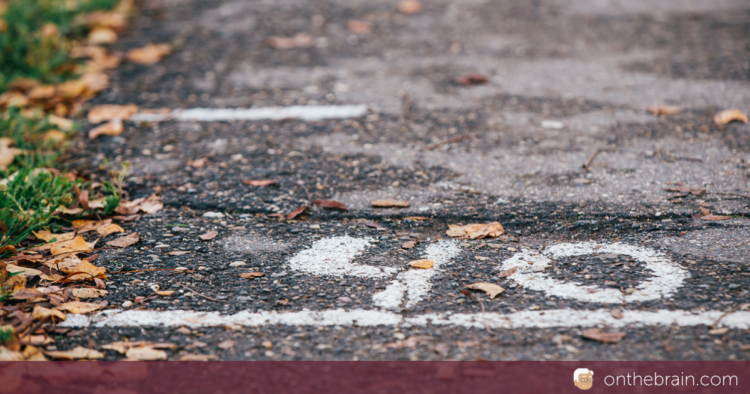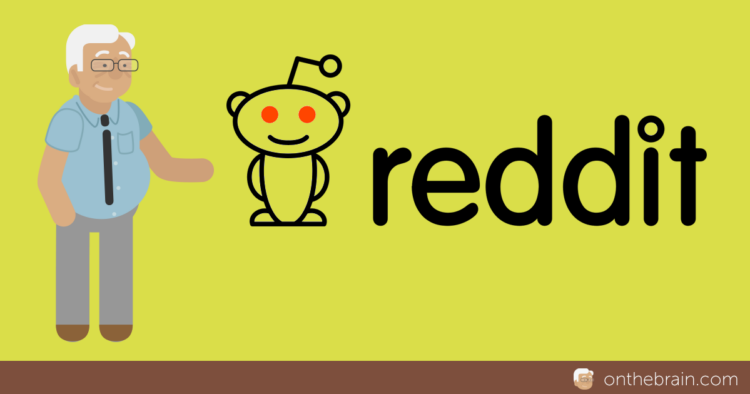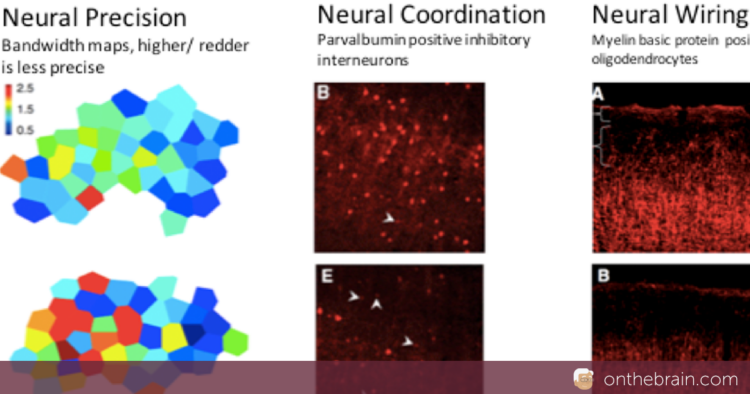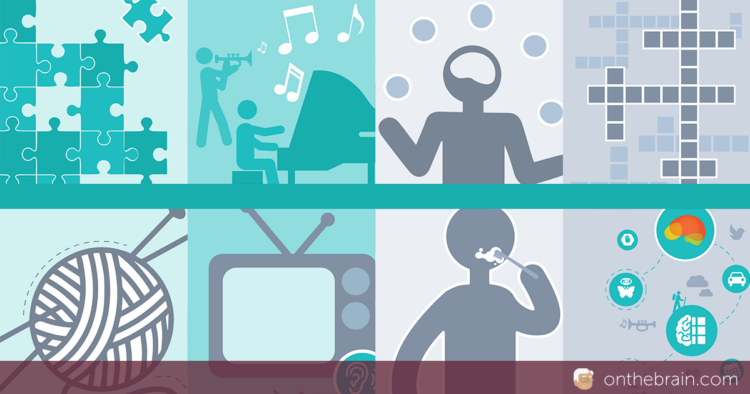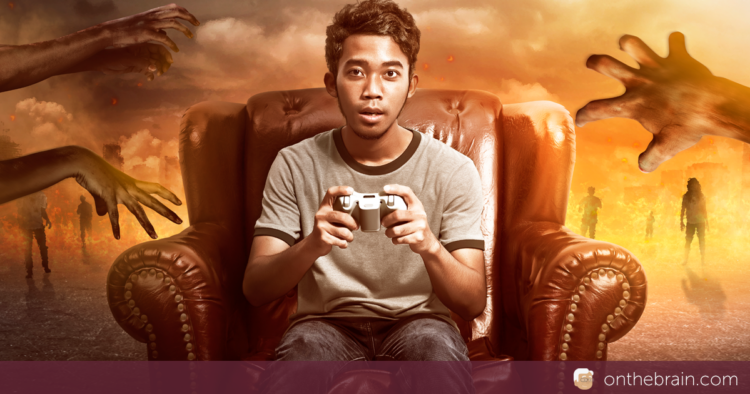Dr. Merzenich has published more than 150 articles in leading peer-reviewed journals (such as Science and Nature), received numerous awards and prizes (including the Russ Prize, Ipsen Prize, Zülch Prize, Thomas Alva Edison Patent Award and Purkinje Medal), and been granted nearly 100 patents for his work. He and his work have been highlighted in hundreds of books about the brain, learning, rehabilitation, and plasticity.
As in many places in the developing world, Mexican cities have many children on their streets and plazas, begging, or selling small trinkets of toys or whatever to whoever passes by. It is often difficult to turn these bright-eyed kids down, and by the end of the evening I can find my pockets full of…
I’m in Queretaro, Mexico this week, visiting a world-class Neuroscience Insitute that is a part of the great Autonomous University of Mexico (UNAM). I am struck by the beautiful, happy children in the 17th-and 18th-Century old city center where my wife and I are staying. We’ve seen many children out in this beautiful, old city…
1) First you have cancer. Saving your bacon requires a heavy dose of chemo. 2) The chemotherapy drugs generate diffuse, destructive physical changes in your brain. Memory and other cognitive abilities are affected. 3) Your mental decline, in aging, is now on a faster track, and you have now roughly doubled risk for the onset…
Come join me this Wednesday, June 28th, on the social discussion website Reddit to talk about brain plasticity. Reddit has around 250 million users and provides a great opportunity to interact with, and educate, the public on what it means to have a plastic brain. Invite your colleagues, grad students, friends and family to publicly…
The San Francisco Giants just happen to be the baseball team that I usually root for. Unfortunately, they’re having a terrible year, and after a 7-game losing streak (and counting) are currently deep in the cellar in the National League West. “There’s always next year” is the baseball fan’s old lament. But alas, the Giants…
It’s Brain Awareness Week, and we’ll be hearing about breakthroughs in basic science that could lead to big advances in how we live. Yet, most of the discoveries will require decades of further work, before they help people. But, what if we had a time machine and could travel ahead to see which of…
Dr. Michael Merzenich conducted the seminal experiments that led to the discovery of lifelong plasticity — that the brain changes chemically, physically, and functionally based on sensory and other inputs at any age. Last year, Dr. Merzenich was made a Kavli Laureate, the highest honor in neuroscience. He has been elected to both the US National Academy…
I just spent several days talking with scientists and lecturing in Australia. The summer months (our winter months) are a wonderful time to travel Down Under. The cities are lively, the sun is out, and people are in cheerful mood—which is amplified just a little more in Australia than I most places in the world.…
I just returned from a week spent talking with therapists and educational specialists in Seoul, South Korea. As in visits to many places in the world, it is exciting to see the enthusiasm that therapists have for applying our brain training tools to help children and adults who struggle—even while they have not really been…

